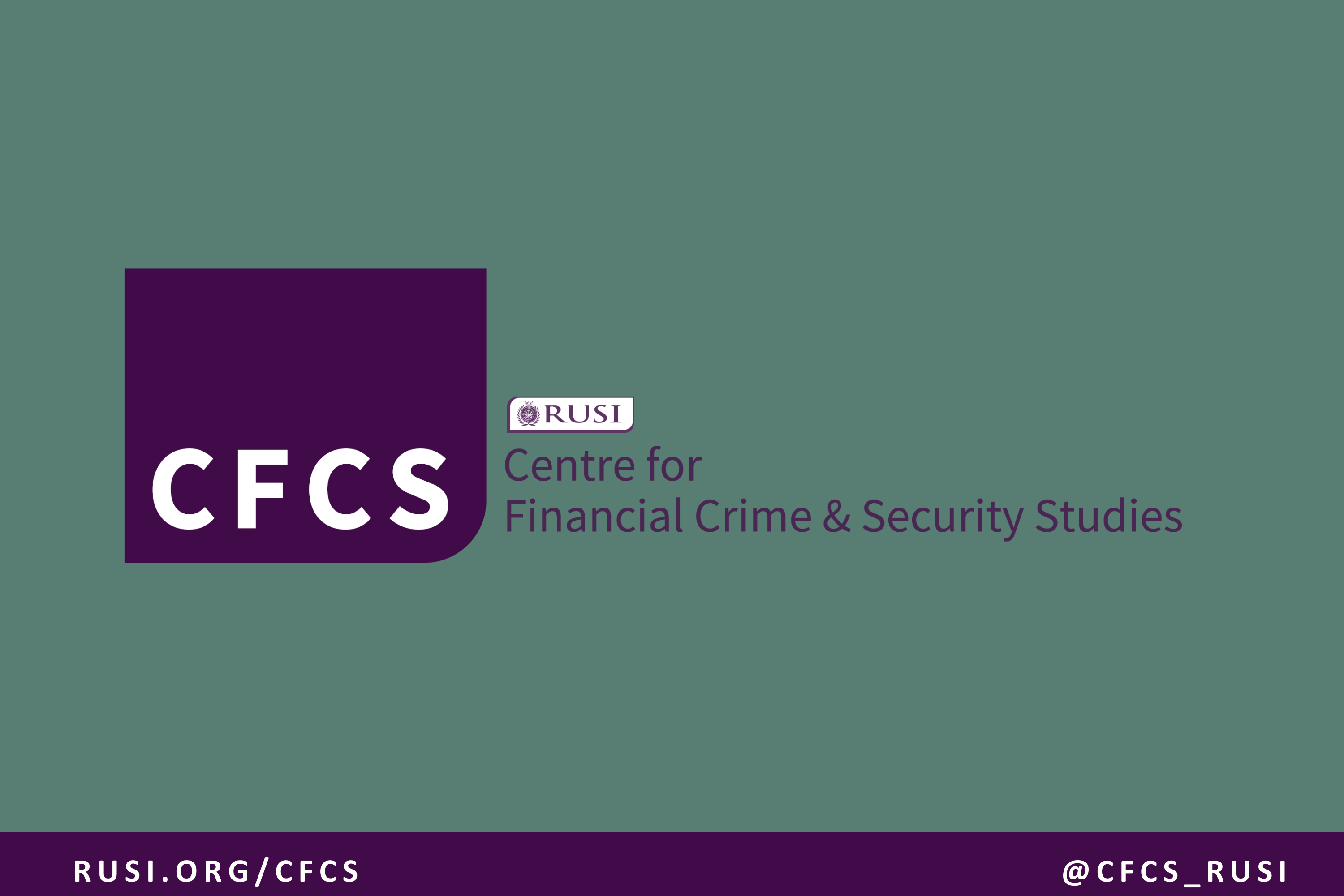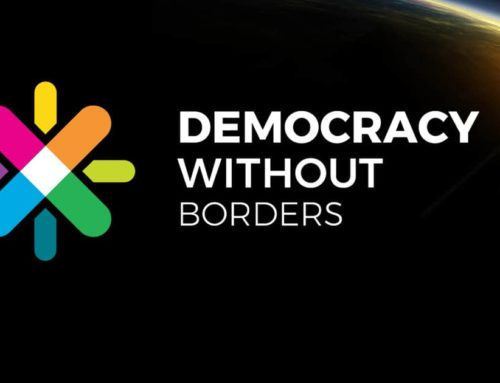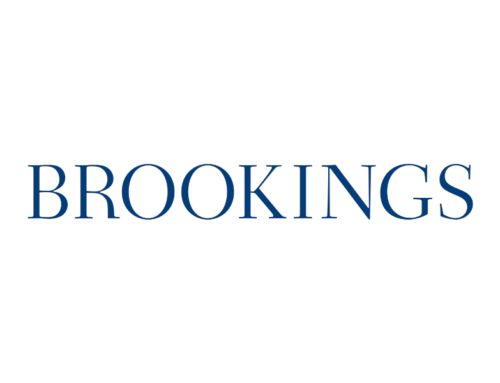Universal standards for countering money laundering and terrorism financing are supposed to help prevent crime, further security and ensure the integrity of the global financial system. That they are increasingly co-opted for authoritarian ends should concern us all.
Plenary sessions of the Financial Action Task Force (FATF) are a fixture in the calendar of many an anti-financial crime professional, with the Friday evening press conference a hotly anticipated first look at everything decided behind closed doors. The most recent such event held on 21 October was no exception, with several surprises in store, not least of which was that Nicaragua would cease to be subject to the organisation’s increased monitoring process – though the FATF was sure to note it remained ‘strongly concerned by the potential misapplication of the FATF Standards resulting in the suppression of Nicaragua’s non-profit sector’. This is an understatement, given how the government there has used new legislation – supposedly aimed at preventing financial crime – to shut down scores of non-profit organisations (NPOs) focused on human rights, democracy and citizen participation. The regime certainly has a history of dressing up suppression as fighting terrorism financing. Back in 2018, an arrest warrant was issued for Felix Maradiaga, a leading opposition figure and director of a policy think tank, for suspected terrorism financing. When he became an official presidential candidate in 2021, he was arrested for ‘working with foreign financing to carry out “acts of terrorism and destabilization”’. But Nicaragua’s autocratic government isn’t the only regime to have stumbled upon the FATF standards as a useful tool for targeting its critics.




